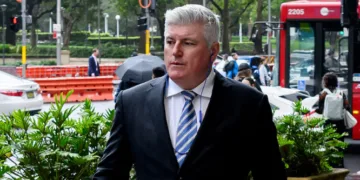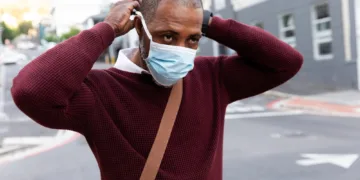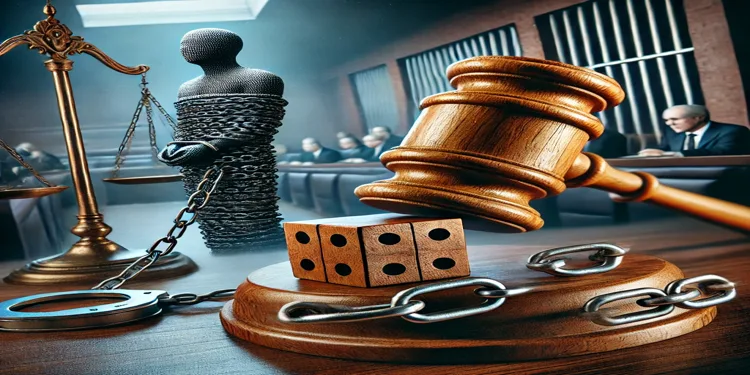In a bold move aimed at curbing rising crime rates and addressing concerns over repeat offenders, the Victorian government has announced a significant overhaul of its bail laws. The proposed reforms, described as some of the strictest in the country, are designed to tighten restrictions on individuals accused of serious offenses and prioritize community safety above all.
Why the Shake-Up?
The decision to revamp Victoria’s bail laws comes in response to mounting public outcry and high-profile cases that have raised questions about the effectiveness of the current system. Authorities have been under pressure to ensure that individuals who pose a risk to public safety are not easily granted bail.
The government’s move follows a series of violent incidents, including home invasions and carjackings, often committed by repeat offenders who were previously out on bail. By tightening the laws, officials hope to reduce these crimes and restore public confidence in the justice system.
Key Changes in the Bail Reform
The new bail laws introduce several strict measures, including:
- Stricter Bail Conditions – Offenders charged with serious crimes will now face tougher hurdles to secure bail. Those accused of violent offenses must demonstrate compelling reasons why they should be released rather than detained.
- Community Safety as a Priority – Judges and magistrates will be required to place greater emphasis on protecting the public when considering bail applications.
- Tackling Repeat Offenders – Individuals with prior convictions, particularly those involved in violent crimes, will face even tougher scrutiny.
- Youth Offender Crackdown – The government is also targeting young repeat offenders, ensuring they face stricter bail conditions to deter future criminal activities.
Support and Concerns
The reforms have received widespread support from law enforcement officials, community leaders, and victims’ advocacy groups. Many believe the changes will serve as a strong deterrent against crime and reduce the risk of dangerous individuals being released back into the community.
However, the proposed changes have also sparked concerns among legal experts and human rights organizations. Critics argue that tougher bail laws may disproportionately affect marginalized communities, including Indigenous Australians, who already face high incarceration rates. Some legal professionals warn that the reforms could lead to overcrowding in prisons and strain the judicial system.
The Road Ahead
As the new laws move through the legislative process, debates are expected to continue regarding their long-term impact. While the government remains firm in its commitment to protecting Victorians, it will also need to address concerns about fairness and potential unintended consequences.
The success of these reforms will ultimately depend on how they are implemented and whether they effectively strike a balance between justice and public safety. For now, Victoria is set on a path of tougher bail laws, signaling a new era in its fight against crime.



























